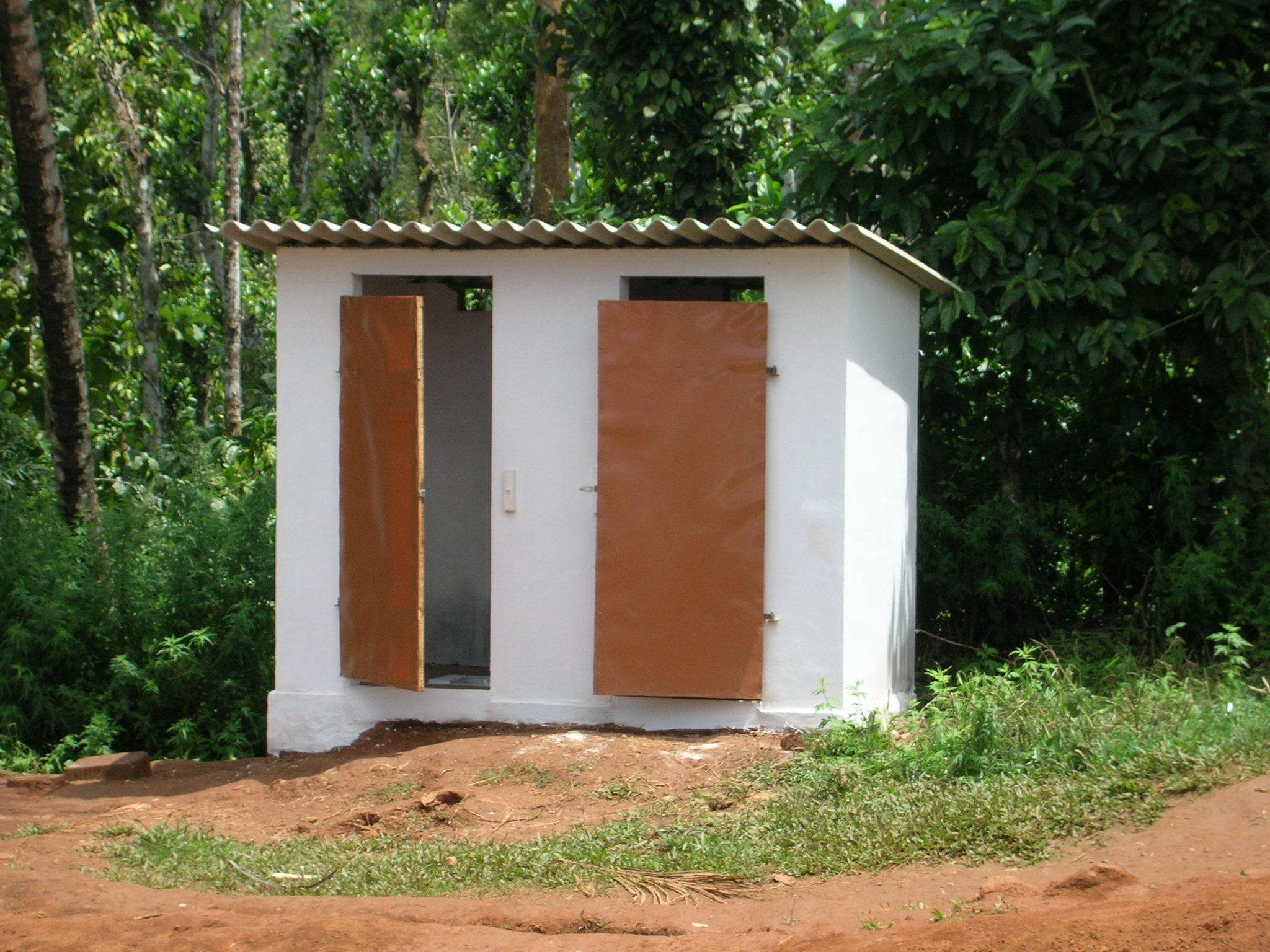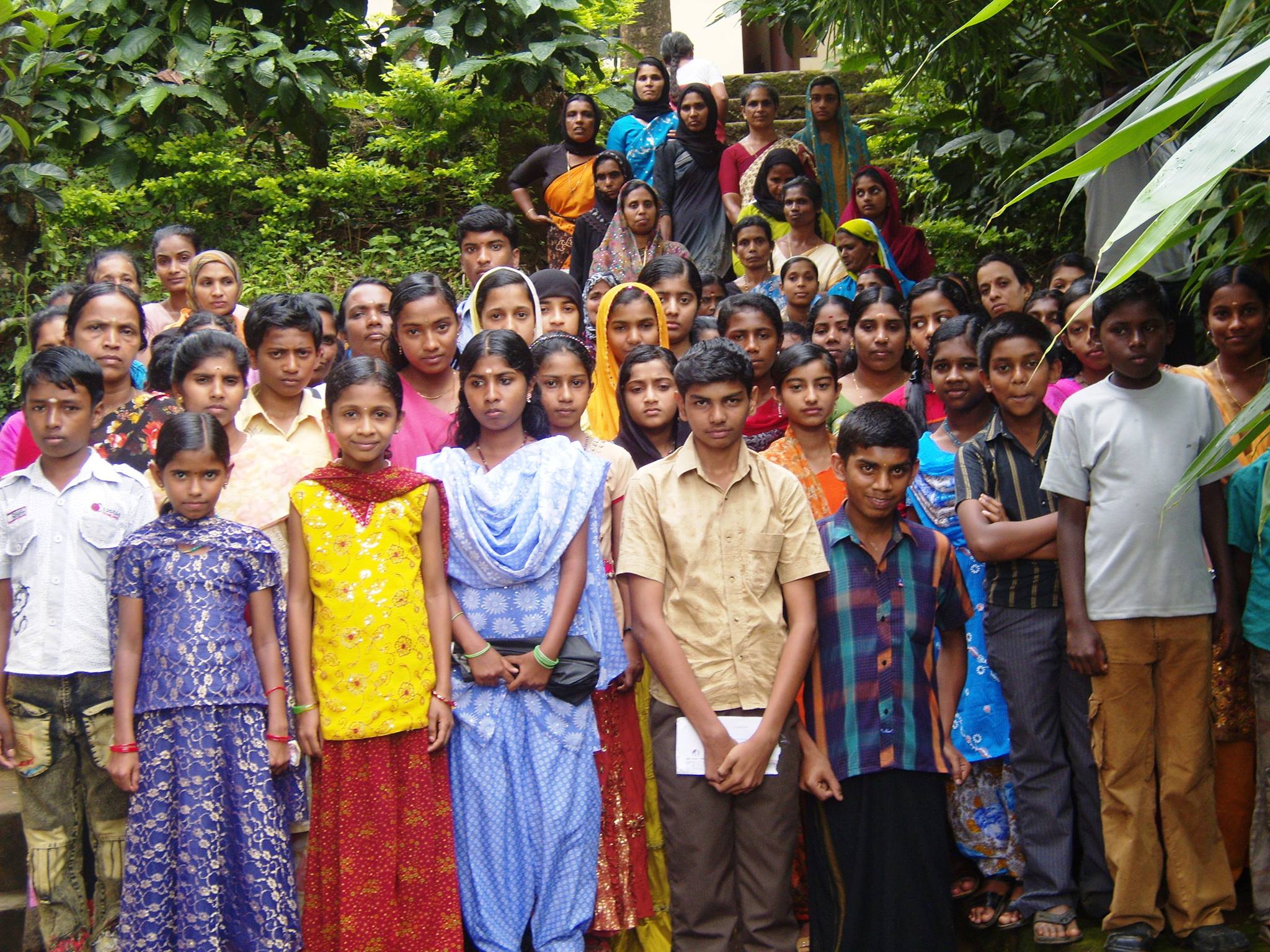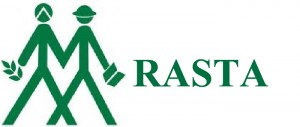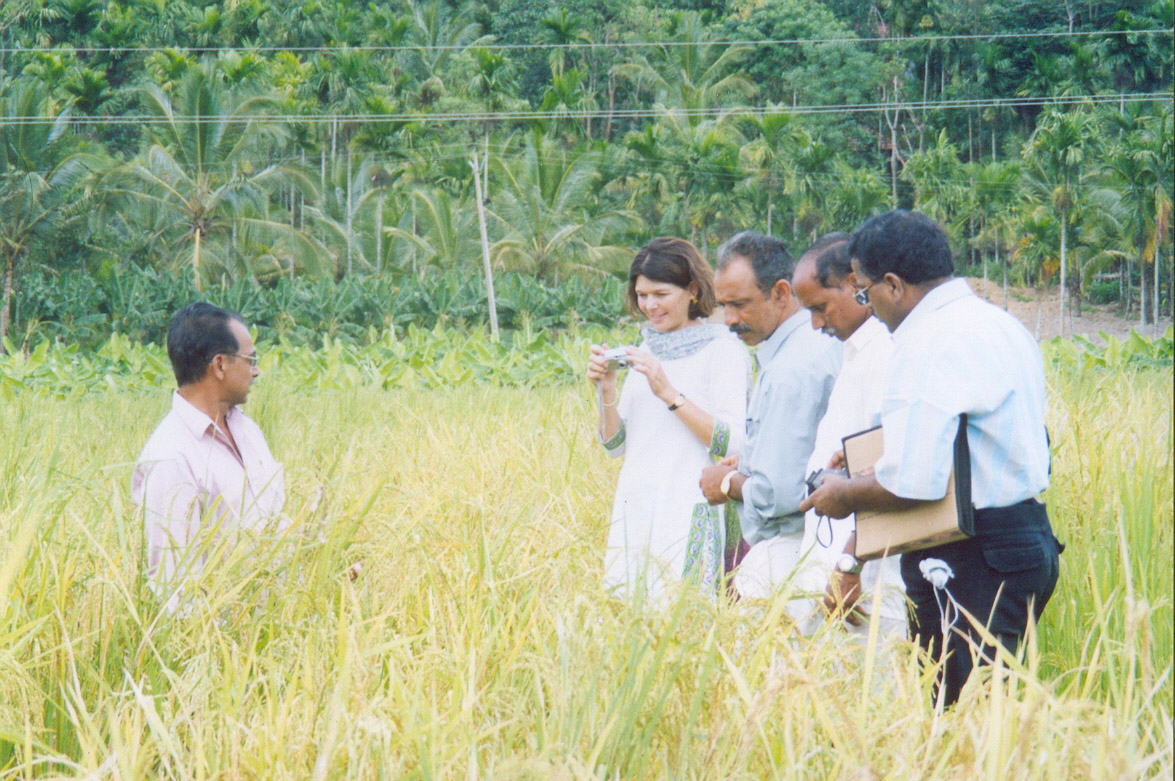
Agriculture
Since 1987, RASTA has been focusing on sustainable agriculture as one of the focal point of intervention as the livelihood of the 95% of the inhabitants of the region are from agriculture and moreover the farming sector has been facing major problems like diminishing productivity, increased incidences of pest and diseases, lack of availability of appropriate technologies at farmer level and weak extension services. RASTA has undertaken a number of activities especially awareness generation, research and extension, infrastructure development activities to support farmers.
Women's empowerment
The status of women in Wayanad district had been very pathetic and backward until the recent years. The women population comprises of 50% of which about 70% rely upon for their livelihood agriculture and agricultural labour. They engage in these works after completing all their domestic duties. They never had the security for tomorrow or the savings habit. As they were having no possession of assets and economic stability, the financial institutions like banks were unwilling to extend loan facilities for them. At this context RASTA initiated to the formation of Self Help Groups ( SHGs ) for the women in villages. RASTA had been the first among the NGOs to form Self Help Groups in Wayanad. By the time the SHGs have become a role-model in the scenario of village development. Now there are about 900 SHGs facilitated by RASTA. The project was supported Intercorporation, and Rb foundation.
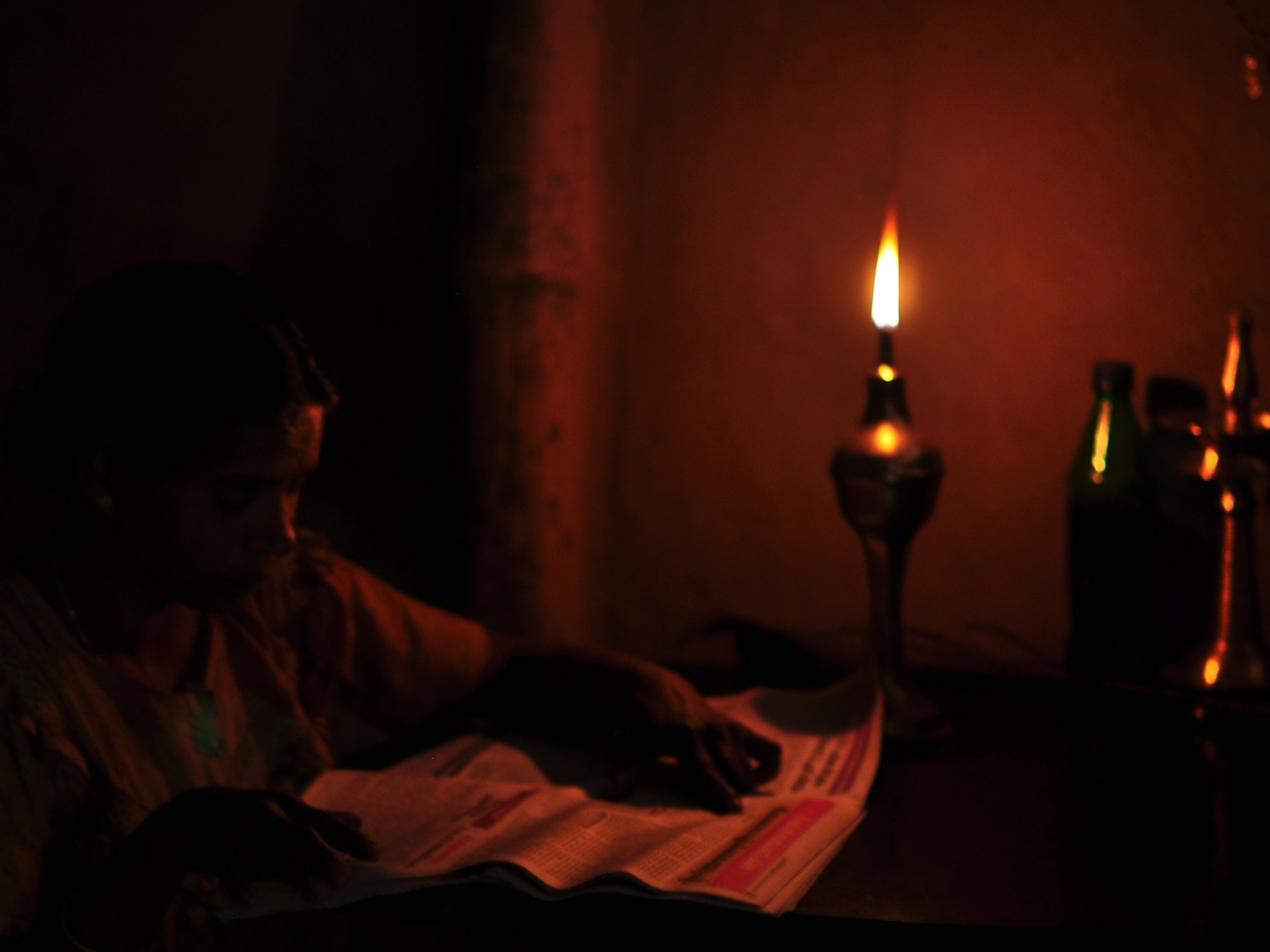
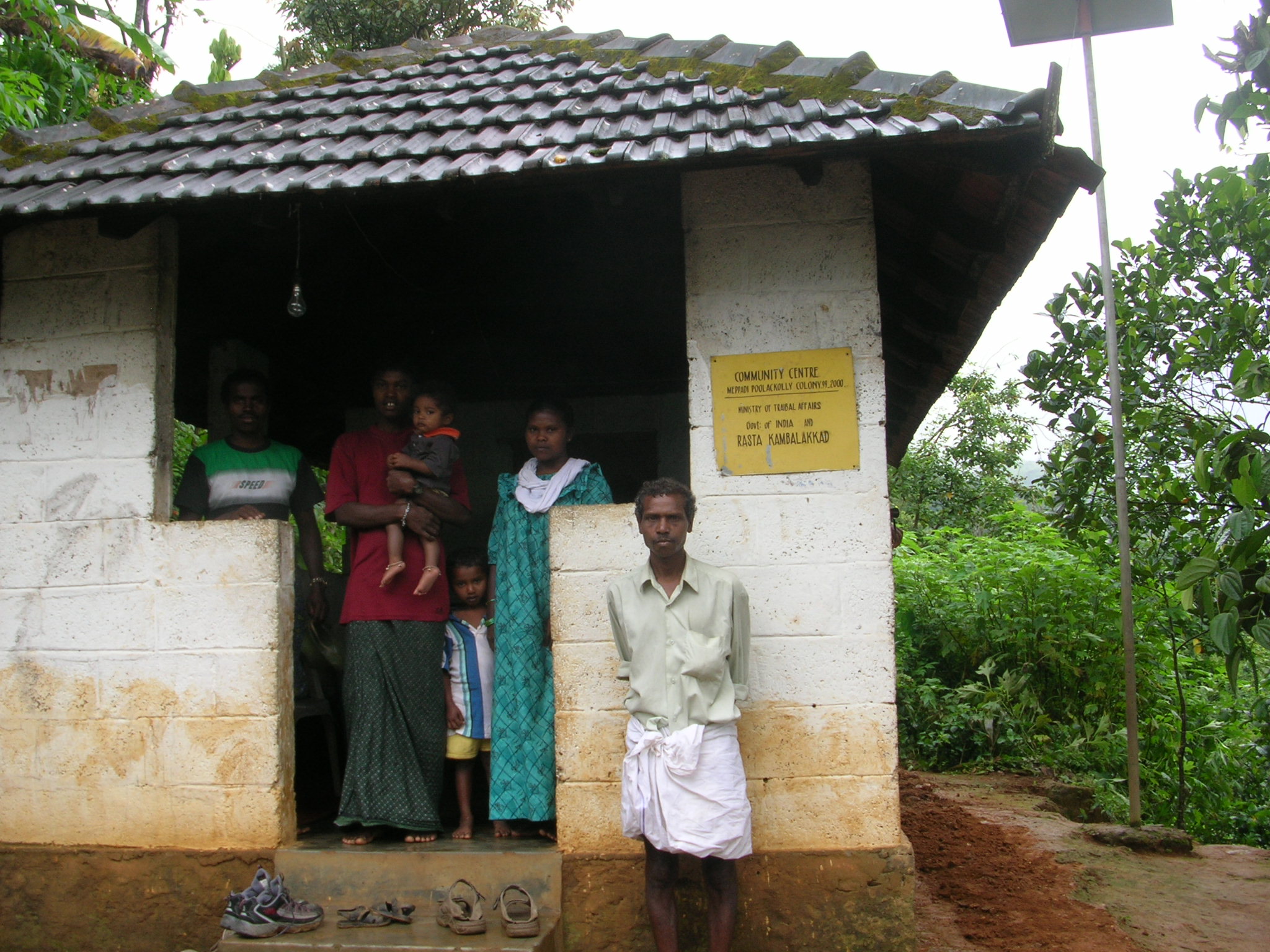
Supporting Indigenous Communities
Tribal communities contribute 17% of the total population in Wayanad district. Eight different communities are living in this hilly and backward district. Due to influx of migrants from various parts of the state these native communities got marginalized and have been facing several problems like a lack of land ownership, unemployment, food insecurity and a lack of basic facilities. During the past 15 years RASTA tried to improve the situation of the tribal communities in several ways.
Technology Dissemination
The technologies developed for application at village level, whether it is agriculture related, water harvesting or health and hygiene, are often away from the vicinity of common man. The role of an intermediary to introduce, fine tune and modify technologies are very important if it has to be adopted at village level. Quiet often the technologies need to be field tested in the specific local conditions before replicating. Being an organization responsive to the local needs, RASTA found a big gap in the technology promotion aspects in the district and it has undertaken it as a primary role in its functioning. During the past 20 years RASTA has been able to introduce, fine-tune and replicate a number of technologies in agriculture and allied sectors to improve the quality of life of rural men and women.
